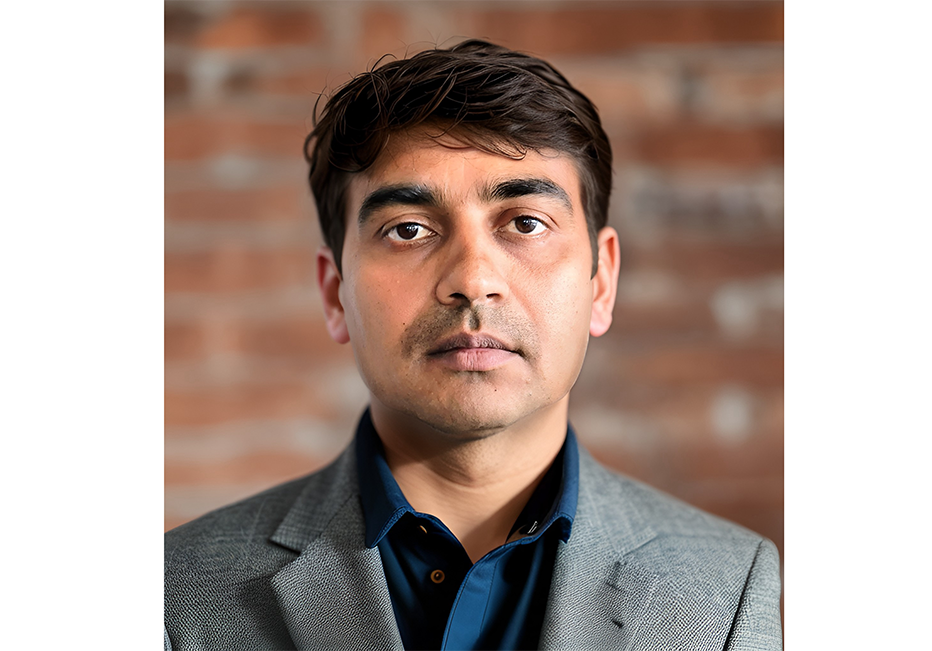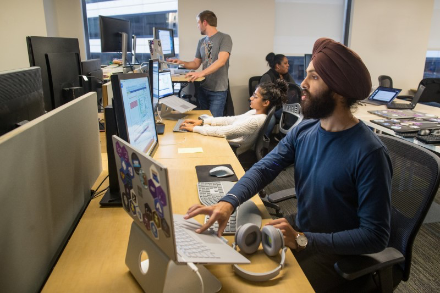
Behind the Code: Navigating Enterprise Digital Transformation
Interviewer: With 19 years in IT, you’ve seen tremendous technological shifts. How has enterprise technology fundamentally changed during your career?
Viswa: The most significant transformation has been from monolithic, isolated systems to interconnected, cloud-native architectures. When I started at IBM, enterprise solutions were these massive, complex installations. Today, we’re talking about microservices, containerized applications, and platforms that can dynamically scale.
Interviewer: You’ve implemented complex systems like JD Edwards. What makes an ERP implementation successful?
Viswa: Success is rarely about the technology alone. It’s about change management, stakeholder alignment, and creating a technological ecosystem that reflects the organization’s strategic vision. In one furniture manufacturing project, we didn’t just implement an ERP—we reimagined their entire operational workflow.
Interviewer: Can you walk us through that implementation?
Viswa: Certainly. This wasn’t a typical deployment. We conducted extensive stakeholder interviews across finance, operations, and sales. The goal was to create an ERP implementation that wasn’t just a technical upgrade but a strategic transformation.
We focused on three key areas: data integrity, process optimization, and user experience. This meant custom configurations that went beyond standard ERP functionalities: creating adaptive dashboards, developing custom integrations, and designing training programs that ensured smooth organizational adoption.
Interviewer: Your work spans multiple continents. How do you manage multinational teams effectively?
Viswa: It’s about creating a shared technological language. Cultural differences aren’t barriers but opportunities for diverse perspectives. I’ve found that effective communication, clear documentation, and a focus on shared goals transcend geographical boundaries.
Interviewer: You’re certified in multiple technologies. How do you choose which certifications to pursue?
Viswa: Strategic relevance is key. I’m not interested in collecting credentials. Each certification represents a strategic investment in understanding emerging technological paradigms. My Salesforce CPQ and Scrum Master certifications, for instance, weren’t just about gaining a title—they were about understanding evolving methodologies in technology delivery.
Interviewer: What technological trends are you most excited about?
Viswa: The democratization of advanced technologies. We’re moving towards low-code/no-code platforms, AI-assisted development, and more intuitive technological interfaces. The future isn’t about complex coding but about creating accessible, intelligent systems that can be configured by domain experts, not just technical specialists.
Interviewer: Any final thoughts for aspiring technology professionals?
Viswa: Technical skills are foundational, but emotional intelligence and business acumen are what truly differentiate exceptional technology leaders. Learn continuously, stay curious, but always anchor your technological pursuits in real-world problem-solving.
Link to Viswa’s LinkedIn here.


